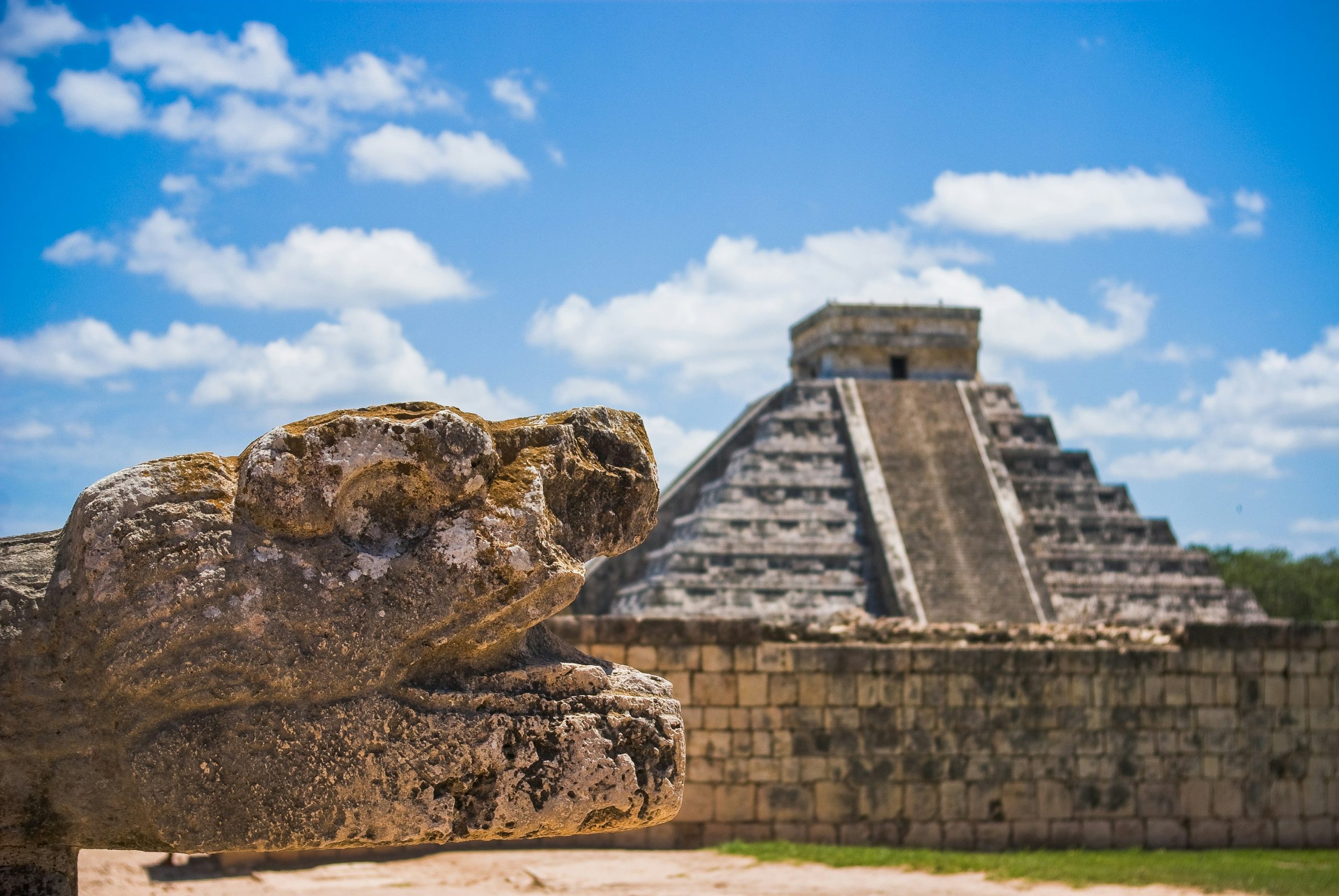
Cultural Influence of Historic Athletic Achievements
Athletic achievements throughout history have not only shaped the sports world but also significantly influenced cultures around the globe. From ancient Olympic champions to modern-day record-breakers, these feats have transcended mere physical prowess to become powerful symbols of human achievement, national pride, and cultural identity.
Athletic Achievements as Cultural Icons
Historic athletic achievements often become cultural icons due to their impact on society and their representation of broader cultural values. They inspire generations, instilling national pride and unity.
- Ancient Greece and the Olympics: The ancient Olympic Games, held in Olympia, Greece, from 776 BCE to 393 CE, celebrated athletic prowess and honored the gods. Victors, such as Milo of Croton, became revered figures embodying physical excellence and civic pride.
- Jesse Owens at the 1936 Berlin Olympics: Jesse Owens’ triumph in track and field at the 1936 Olympics challenged Hitler’s notion of Aryan superiority, making a powerful statement against racism and oppression.
Impact on National Identity
Athletic achievements often symbolize a nation’s strength, resilience, and unity. They provide a platform for countries to showcase their talents and compete on a global stage.
“Sport can create hope where once there was only despair.” Nelson Mandela
For instance, Nelson Mandela famously used the 1995 Rugby World Cup in South Africa to unite a divided nation, where the Springboks’ victory became a symbol of reconciliation and national pride post-apartheid.
Cultural Representation in Media and Arts
Historic athletic achievements frequently inspire artistic representations in literature, film, music, and visual arts. These mediums immortalize the narratives and impact of these achievements, further embedding them into cultural consciousness.
- Chariots of Fire: The 1981 film portrays the personal struggles and triumphs of athletes competing in the 1924 Olympics, emphasizing the cultural significance of athletic achievement.
- Documentaries and Biographies: Productions like “The Last Dance” (2020) chronicle Michael Jordan’s career, showcasing his impact not only on basketball but also on global culture and consumerism.
Legacy and Long-Term Influence
The legacy of historic athletic achievements extends far beyond the competitive arena. They inspire future athletes, drive social change, and shape cultural narratives for generations to come.
“Success is where preparation and opportunity meet.” Bobby Unser
For example, Usain Bolt’s dominance in sprinting not only set records but also redefined the limits of human potential, inspiring countless young athletes globally.
Conclusion
Historic athletic achievements serve as powerful cultural touchstones, shaping national identities, influencing societal values, and inspiring creative expression. Whether through ancient Olympic victories or modern-day sporting triumphs, these feats continue to resonate across time and place, illustrating the enduring impact of sports on global culture.



